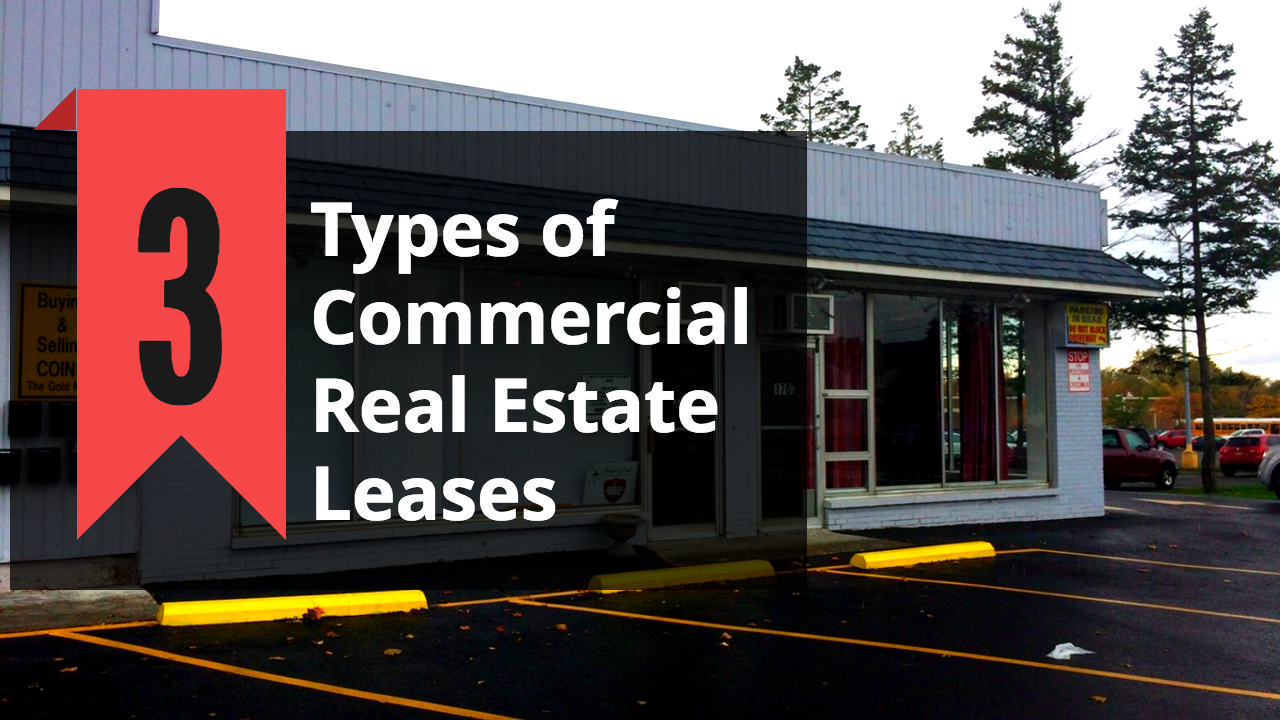Commercial real estate leases are a popular option for many business owners, especially those just starting out.
The flexibility that comes with signing a short-term commercial real estate lease with an option to leave without paying additional penalties means business owners can “try before they buy” (similar to renting an apartment vs buying a house) without a significant cash outlay to get into the property.
Why Lease Commercial Property?
And while leasing commercial space may in some cases not require as much capital or assessment efforts as purchasing or building a brand new facility, there are still a number of important things to consider when leasing commercial real estate for a business.

What Does a Commercial Real Estate Sales Agent Do When Helping a Business Owner Lease Property?
As a commercial real estate sales agent helping owners looking to lease commercial space (also referred to as a “tenant representative”), it is my responsibility to provide all the information an owner must know in order to make the best leasing decision for their business and employees.
This includes a number of important duties, such as:
- Evaluating the owner’s needs for additional space
- Searching available commercial properties
- Arranging and attending property tours
- Analyzing all relevant property data (e.g. square footage, utilities, zoning rights, etc.), ensuring alignment with the owner’s wants and needs
- Negotiating the lease to help their client get the most fair value for their commercial real estate investment
The three main types of commercial real estate leases are percentage, gross, and net:
Percentage Lease
The tenant pays a monthly rental rate as well as a certain agreed-upon percentage of monthly sales in the business. This type of lease may be found in retail properties like strip malls.
Gross Lease
The tenant is only responsible for paying their monthly rent. monthly rent includes everything, with the the landlord paying the property taxes, Common Area Maintenance (CAM) fees, utilities, and other expenses. In a gross lease,
Net Lease
The tenant is responsible for paying the rent as well as some or all of other building costs such as CAM, property taxes, utilities, etc. There are varying levels of net leases, including the Triple Net (NNN) lease, where the tenant pays rent and all additional costs.
For more information about the different types of commercial real estate leases, watch the 9-minute video below:
About James K. Kim
I am a former archery technician turned freelance digital marketer. I help people build profitable businesses online.
You can learn more about how to build a profitable online business at JamesKKimMarketing.com.
In my free time I enjoy the ancient sport of archery, sport crossbow target shooting, deep sea fishing, day hiking, recreational kayaking, high intensity weight training, ice hockey, and outdoor cooking.
Let's connect on social media:
Facebook • Twitter • Linkedin • Youtube • Pinterest • Instagram •








Only registered users can comment.